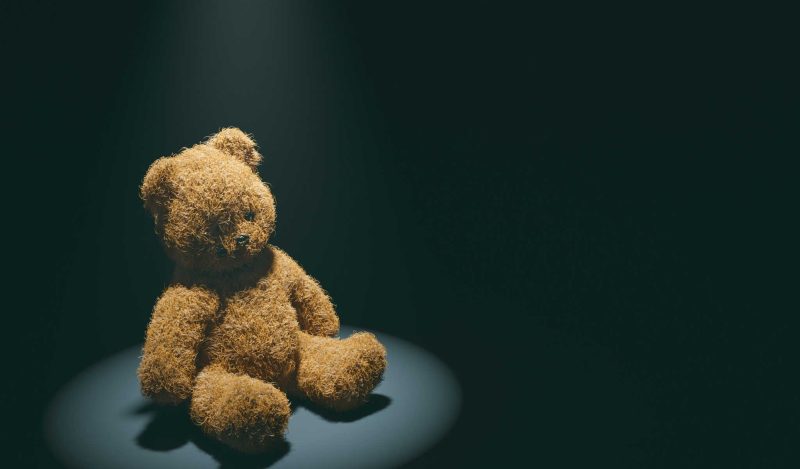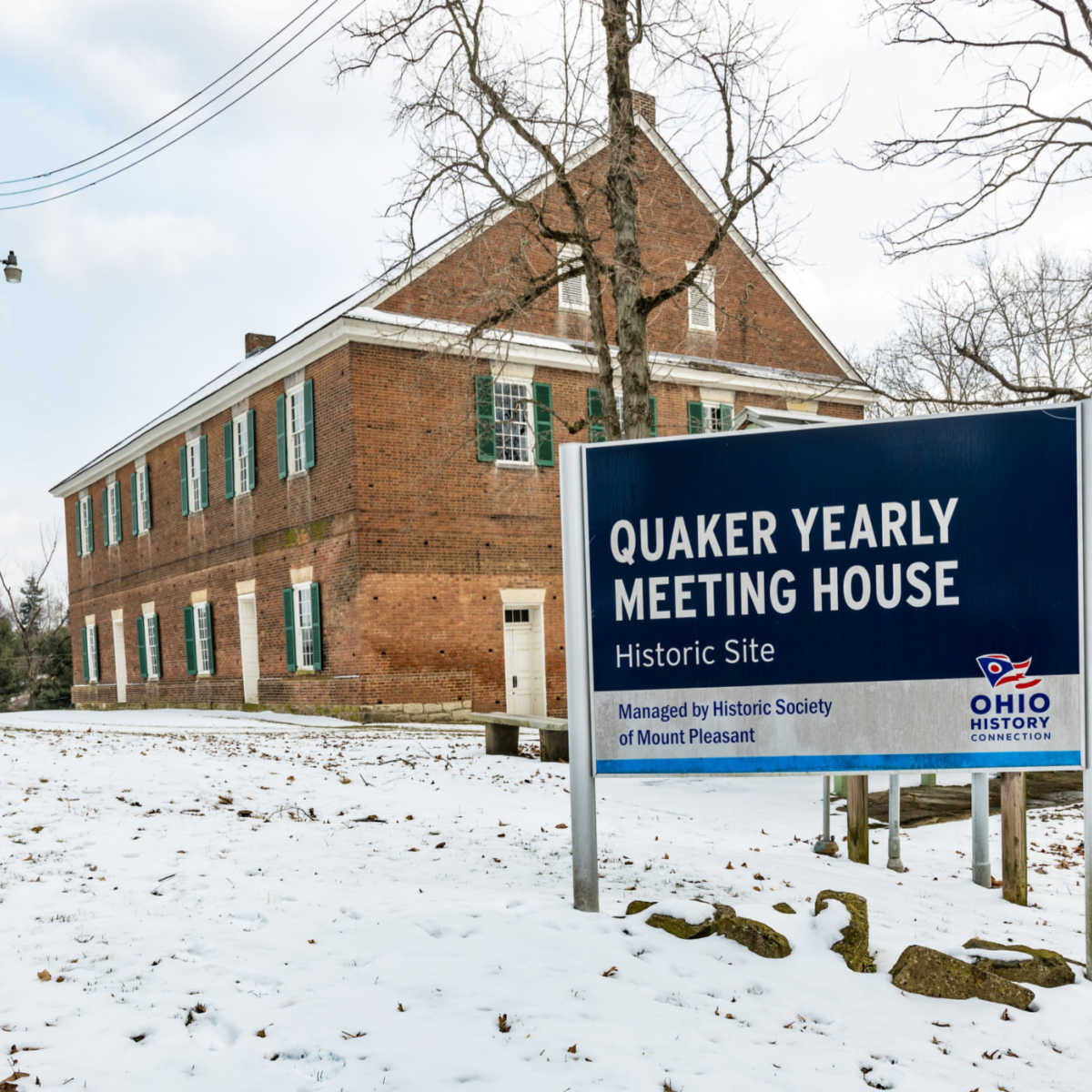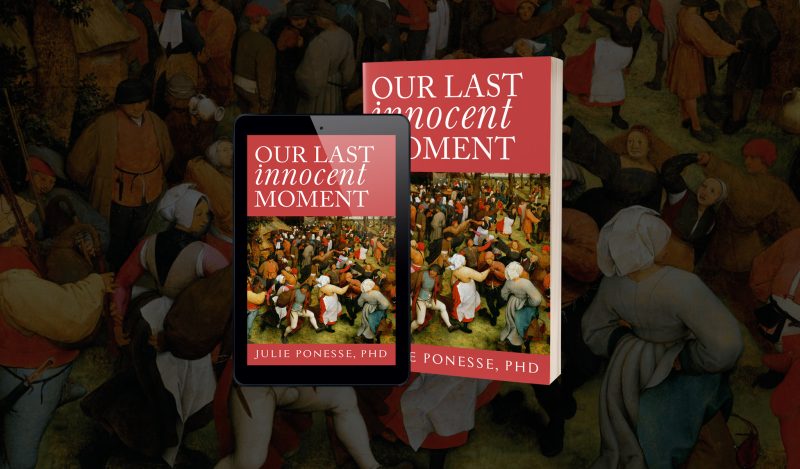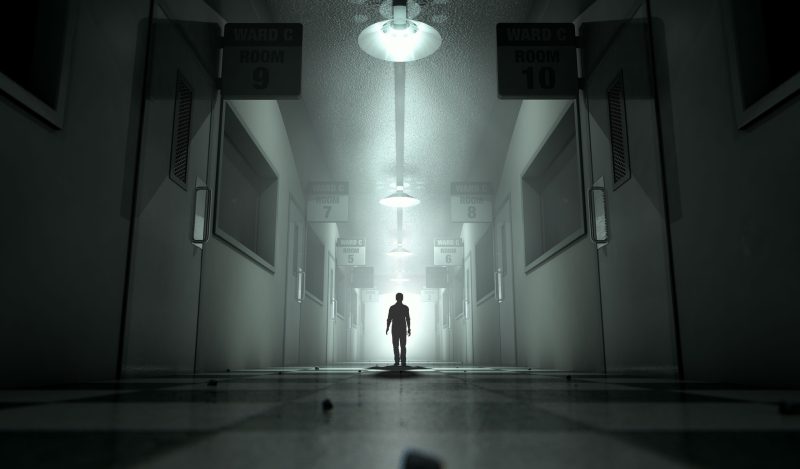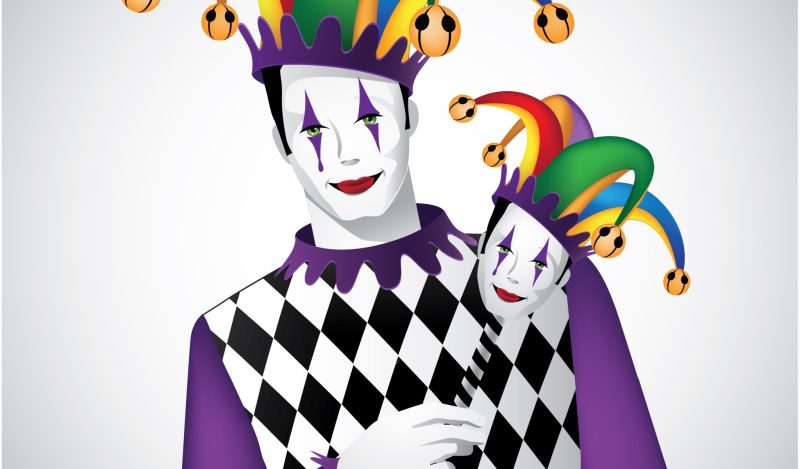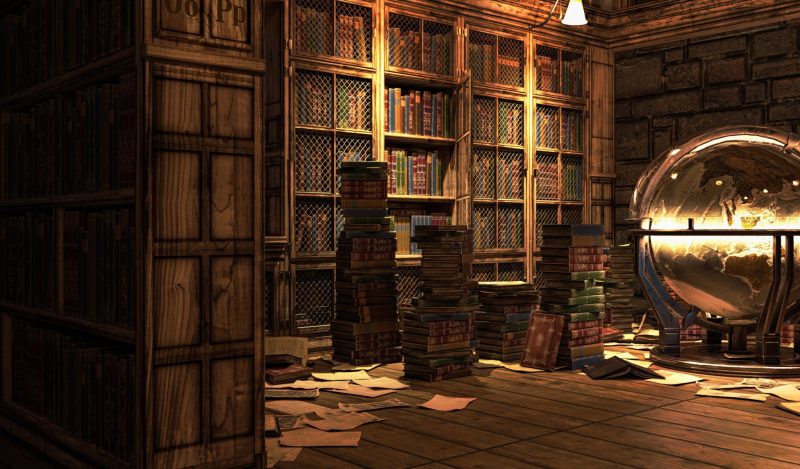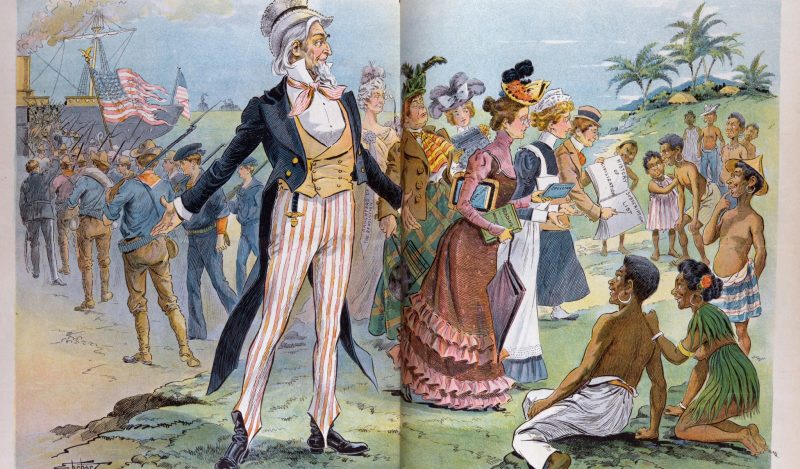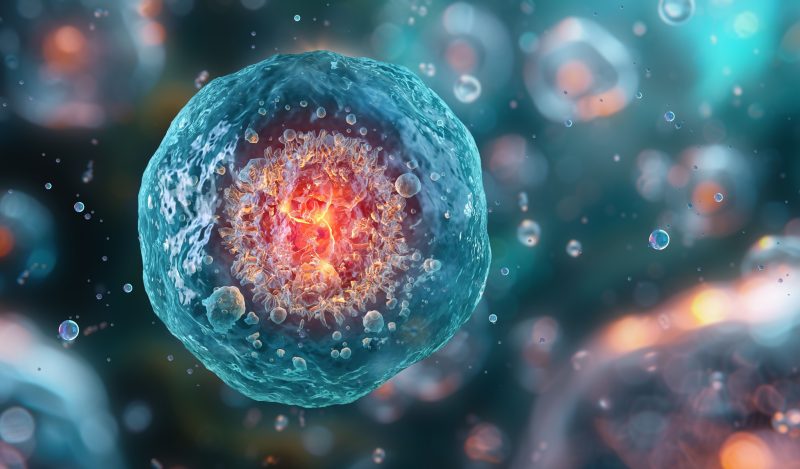My teenage son, Michael, returned from staying at his father’s house in mid-March 2020. He was standing on the stairs when I returned home from work. We had plans to go to my mother’s house, his grandmother’s, for dinner. I went to hug him like I always did when I returned. He recoiled, and stepped back. His face had changed.
“What’s wrong, Michael?” I said. He could not say anything. I told him we were going to Nana’s for dinner. He said he wasn’t going. He was afraid of the virus, of spreading it to others though he was not sick. I tried everything I could think of to reassure him, but nothing worked.
He said maybe he would feel safer if he went back to his father’s house.
Michael asked his father to return and pick him up.
I called Michael’s father to try to make sense of this. He said that since our son had been on an orchestra trip with his high school string orchestra a few weeks before, and based on mainstream media broadcasts on Covid and cruise ships, my son’s father said that he feared contracting Covid from our son. Michael was healthy with no symptoms of illness.
When our son was at his house for the previous week, the shutdowns began. Then, his father made Michael, aged 16, stay six feet away from him inside his house. He had worn a face mask in our son’s presence and asked our son to wear a mask in the house. He had talked to our son about virus asymptomatic spread, that strange and horrible and now widely disproven phenomenon. He told Michael that he could unknowingly infect him with Covid, even if Michael had no symptoms of illness. His father was gripped with fear and had spread it to our son.
My son was not home, the home I had made for him, for his brother, and for the family, where he had grown up and where he still lived most of the time and returned to after frequent stays with his father. We had divorced several years ago. Fear messages bombarded us; confusion was swimming around us. I was trying to learn as much as I could about this virus and about what was happening in the world. Michael returned to the house some after the mid-March crisis, but he was never the same after fear changed his eyes. I felt wild to protect him.
My older son, Alan, had called me “the Mominator” when they were growing up. I even had a license plate made, one that Alan had suggested and had helped craft. The characters were MOMN8R. For a period, all things zombie captivated Alan. He made a joke about me being the mom who would intercept the zombie as it tried to break into her child’s bedroom, would grab it by the throat, kill it instantly with her bare hands. That may’ve been one of the ways he saw me. He always made us laugh.
Alan was a strong reader, reading series after series. He was also curious about the classics. He read 1984. I, of course, knew the many cultural references to the book but had discontinued reading it when it disturbed me too deeply. When he was in high school, Alan recounted the end of the novel to me when Orwell describes Winston, completely taken over. “He loved Big Brother,” Orwell writes.
In these past two and a half years of confusion and fear and harm, of gate after gate clanging shut, locking behind us, I told Michael that the virus fear may be distorted, and we may want to keep questioning and seeking different perspectives. I told him that I was trying not to be ruled by fear, that my main instinct was to protect him from fear and harm, harms that I didn’t think were coming from a virus. I tried to reassure him. I tried humor and hyperbole, saying that I would travel to the middle of any war zone to retrieve him if I had to; I would slog through fields of infected people, into pestilence, disease, disaster to drag him to safety if that were required of me.
“So, you know more than the CDC and all the experts, Mom?” he asked.
“I’m not sure, Michael. I could be wrong. I just always question things, you know that,” I said. “I can’t help it. Especially something as serious as shutting down the schools and making us stay isolated. The people who deliver the Amazon boxes aren’t staying home.”
I had always been an outsider, I reminded him; both my sons knew this. They had attended national protests with me against the wars in Iraq and Afghanistan, against Obama’s drone assassination program, and local protests against chemical additives in our county drinking water, among others. I am the daughter of a Vietnam combat veteran. I am a Quaker.
In Quaker Meeting and at camp, my sons learned about Quakers who had risked their lives and their families’ lives to shelter escaping slaves as part of the Underground Railroad. I shared with my sons my readings of Quakers who had traveled to the middle of war zones to feed starving families and children, including Nazi children, in the build-up to WWII and Quakers who worked with all sides in conflict zones to try to prevent harms and quell violence.
I had been the Mominator, helping my sons handle bullies and negotiate problems with difficult teachers. I always had chewable Tylenol in my bag to hand to them for headaches wherever we were, cared for them when they were sick, prayed over them as they boarded the school bus with no seat belts when they started kindergarten.
I had invented lullabies to calm fears and prayed for their protection as they fell asleep; made them practice piano and strings and fussed at them to keep up their grades; paid attention to who their friends were and made sure I knew their friends’ parents. Through the years, they would turn to me, ask me questions about a confusing world. And they mostly had listened to me and believed me. But this was over my head. I was wild to fix this; I could not fix it.
I called loved ones to ask for help with what to say to Michael. One family member tried reassuring him by advising him to follow the CDC website. Another advised him to not be afraid — while media everywhere proclaimed fear-inducing messages. Michael’s school closed in the spring of his sophomore year. The school where I taught in another district also closed. Viscerally, I felt closing schools was deeply harmful and not necessary.
“So, you don’t care if teachers die?” my son snapped.
“Of course, I care about teachers, Michael,” I said. “I am a teacher. Many of my friends are teachers.” I added that I thought children and teens should be in school for their health and well-being, and that the virus posed almost no risk to children and young people for serious illness or death, I had read. Hearing my son parrot the circulating propaganda about “killing teachers” alarmed me. I had also read that the virus affected mostly old people or people with seriously poor health and that the average age of death from it was in the 80s. Most people survived the illness with early treatments that were emerging each day. I kept praying for guidance and clarity, reading, asking, listening, thinking, searching.
Early in the shutdowns, Ron Paul was one of the only public figures to immediately question the dominant narrative on Covid policies. Though I disagree with Paul strongly on some important issues, I thought his comments on Covid policies made sense. I shared a couple of his articles with both my sons – mainly to offer alternative opinions, to stimulate their critical thinking and perhaps alleviate some of the spreading terror. I said I was trying to find my way through and was not sure if Paul was right either.
After that, Michael called me from his father’s house to question me. He was nervous and was not coming home this time to see me. He had heard that Libertarians like Paul were “right wing” or “Republican.” He acted as though he feared that I was more infectious, more of a virus danger, more reckless, if I was one of those. I reminded him that I was an Independent, not registered with any political party, the same as I had been for many years. He was somewhat reassured when he read online that Libertarians could be left or right politically. I again told him I considered myself neither ‘left” nor “right.” I saw Michael through the summer and fall of 2020 but less frequently.
I took him on long hikes as often as he would go. We planted a garden and listened to a lot of music. He was not getting together with his friends. I went to my boyfriend’s, now husband’s, farm to help with chores and food production. I asked Michael to go, but he wouldn’t.
“Why not?” I asked.
“We have to say home,” he answered. I told him I was going to work at the farm sometimes during the day and hoped he didn’t mind. He said he would have to ask his father if it was okay for me to leave the house. Michael’s father and his partner often sent Michael text messages when he was with me, telling him to wear the mask, reminding him that we were to stay home, and instructing him that I should be staying home as well.
“Maybe he knows more than me,” Michael said. I did not seem to have any influence.
At his high school as a ninth and tenth grader, Michael attended the Dungeons and Dragons (D and D) Club, the largest club in the school. D and D is an in-person fantasy and story-telling game, promoting imagination and group problem-solving. The club met every Friday after school and into the evening, filling two large joined classrooms. Michael’s close friends also attended every Friday night. In addition, Michael joined three or more friends Sunday afternoons at one of their houses to play the game. These activities with friends were very important to him after he had lost contact with his older brother Alan when he became addicted to computer games.
Michael played in the school string orchestra. Orchestra class met every morning with Mrs. Findman, who had been his teacher since sixth grade. Mrs. Findman, a violinist and cellist, had also taught his older brother. She was like family to my sons, looking after them in class and on orchestra trips. These activities protected Michael’s spirit when he had to travel between two households, especially in the absence of Alan, who had left him too soon. In spring 2020, Michael’s tenth grade year, the D and D club ended and did not resume while he was in school.
When we went on hikes in the nearby Shenandoah National Park or other hiking trails, many people wore masks outside on the trails in spring and summer of 2020, stepped away from each other, or turned their faces away from each other on the hiking trail. Something terrible was descending all around us, taking my beloved, ebullient, creative Michael with it – Michael, who had fearlessly climbed walls and hills when we took walks, bounded on and across stone walls with his brother on the University of Virginia grounds as we walked there when they were younger. He had a mischievous, defiant smile, climbed on his brother’s back when they watched TV, belly-laughed at his brother’s jokes, and loved Garfield comic books and MythBusters on Netflix.
Once I stopped at Walmart to buy a few things before I drove Michael to his father’s one evening in 2020. He used to like going to the store with me. I was trying to choose a cookie jar for our kitchen because I thought it would make him happy. I let the mask drop below my nose, so I could get more oxygen to be able to think and make a decision. Michael became angry and ordered me several times to pull up the mask over my nose. I said I was doing the best I could but could not breathe well. I tried walking away from him but he followed me and ordered me to put up the mask.
His eyes darted with fear, looking around at the other people. I think he believed that he could somehow take Covid to his father’s house after we went to Walmart, or perhaps by my letting the mask slip below my nose, I would pass it to him and then he could pass it to his father though neither one of us had any illness symptoms for many months. This terrifying magical thinking was also reflected by a family friend, who shared that his four-year old came home and said, “I have to wear the mask, so I don’t kill people.”
In fall 2020, in his junior year, all Michael’s classes were on Zoom. They were difficult classes, including AP courses and string orchestra. How was string orchestra possible on the computer? My school district required teachers to drive to the school building to teach while students were at home. I taught at my desk in my empty classroom. In my classroom, I could remove the face mask; when I got up to walk to the bathroom or to my mailbox down the hall, we were required to put on the mask, even if no one was around. We were prohibited from gathering in classrooms to eat together. I drove to the building every day.
Michael was at home, struggling. Assignments accumulated, and he could not complete them. I was still driving him to his father’s house, as I was required to. I wished then that we could have moved away to my partner’s farm or to some other safe and normal and open place, away from this descending doom. At my partner’s farm and other places surrounding it, life went on mostly normally. Animals had to be fed, cows had to be milked, equipment had to be repaired. Hay had to be harvested. We worked with a neighbor and friends to process a steer and filled freezers with meat. To socialize and share ideas, we attended a local farm tour event outside on a beautiful day in October 2020. No one wore a mask. Before spring of 2020, Michael loved exploring the fields and woods and riding the 4-wheeler at the farm. He had invited his friends to come too.
I asked Michael to come to my school building with me to work in my classroom, just to get out of the house, but he wouldn’t. He became paler and more withdrawn. When he returned from his father’s one afternoon, a bottle of caffeine pills sat on his desk. He told me his father had given them to him when he complained of not being able to complete his school work. I said that I did not think the pills were good for him and to please not take them. Getting outside, drinking water, socializing with friends, playing music, exercising, and getting fresh air were better and may help, I said. I told Michael’s father that I was worried about his health and asked if he would help me encourage him to get together with his friends.
“I don’t want him to get together with his friends until the vaccine comes out – I told him that,” he said. I contacted Michael’s brother, Alan, and said that Michael was struggling and needed to see him in this challenging time. Michael couldn’t drive yet, so his father had to take him to a restaurant to see his brother. Michael’s father madeAlan, and his girlfriend sit at a separate table from Michael, his father, and his father’s partner. This may have been when the government and media told people to stay away from others from “different households.”
I tried to make things normal, tried hard to stay cheerful, and kept talking. I felt like I was desperately trying to ward off despair, but nothing worked. I was losing. I took Michael to our favorite nearby restaurant where we had gone for years, with Alan too, and where we played games while waiting for our food – Set, Blink or Scrabble, the Scribble Drawing Game, and others. Early in the shutdowns, the restaurant handed out sheets, instructing customers to wear the mask while seated at the table, while waiting for food. If the waiter saw people maskless, he would pass by the table, the sheet said. “That is your clue to don the mask,” the sheet said. “We believe that every minute wearing the mask helps keep others safe,” it read. It was one of the strangest documents I have ever read. Another time, the hostess made me wait outside in the rain, waiting for a call on my cell phone when the food was ready. I was heartbroken that fear and repression ruined a favorite restaurant.
Weeks later, I decided to try going to the restaurant again. They had stopped handing out instruction sheets. Michael was reluctant to go but did. We sat outside. I took off the mask when I sat down; Michael did too. Michael’s eyes darted with fear around the restaurant. At a nearby table, a middle-aged couple sat with their son, who appeared college-aged. The couple did not have masks on; the young man did. Mike saw the young man with a mask on, then put one back on his own face.
I thought being honest might help. I told Michael that I wished children and teens did not have to wear a mask, that I didn’t like it myself, and that I found it very hard to breathe with it on.
“I don’t mind it,” he said. “I can breathe fine with a mask on.”
In late fall of 2020, Michael’s father wrote me an email saying that CDC guidance instructed us to minimize travel between households, so he thought it best that Michael only see me every two or three weeks or less. Michael agreed, his father said, because he cares about not infecting others, about not infecting us.
“Marilyn and I think of the virus differently than you and Ryan (my partner) do,” Michael’s father wrote to me in an email. He told me he was not driving Michael to stay with me. “The CDC has said that the virus can spread even when you have no symptoms. We hardly ever leave the house, which we think is safer. You and Ryan seem to have different opinions about the virus. We’re very cautious and careful and think it’s best to rarely go outside the house. Michael agreed to do this to protect us.” I was wild with grief. My partner tried reassuring Michael that I was not afraid of Covid, so maybe if Michael’s father was afraid of getting it, then why not just stay with me? None of this worked.
When Michael did come home rarely, he stopped going places with me. When I asked him when he would go out to do things with me again or see his friends, he said, “When the pandemic’s over.” All over the internet and TV, messages were inescapable that the pandemic may never be over.
Michael did not join his grandmother, uncles, and cousins and me and my partner for Thanksgiving or Christmas in 2020 and stopped coming at all to the house where he grew up.
Because he could not get his assignments done on the computer, Michael thought something was wrong with him. He told his father he thought he had attention deficit hyperactivity disorder (ADHD). Michael was healthy and had no disorder, I told him, but this was an extraordinarily difficult time for everyone, especially children and young people. I worked with special needs public school students, many with ADHD diagnoses, I reminded him. I said I could help him get through the school work, we could do it together, and this time would pass.
As a soccer player, a cellist, a piano player, and a gymnast, Michael had excellent attention. I had sat with him during years of piano lessons in parent-child classes. His father and I attended years of recitals, soccer games and tournaments, and string orchestra performances. Michael mastered the Hula Hoop, the Pogo stick, and juggling almost instantly. He was physically gifted, lovely to behold. We had played hours of frisbee; his focus was extraordinary. I reminded his father of this. None of it mattered.
His father took him to a clinician, who diagnosed Michael, on Zoom, with ADHD and prescribed Adderall. The clinician said that his anxiety was so strong at first that the Adderall would not work, so she also prescribed an antidepressant. There was nothing I could do. I told Michael that I didn’t think he needed the ADHD drug but that maybe the low dose antidepressant could be helpful. I told him to stop taking the drugs if he didn’t like the way they made him feel. When he stopped taking them once because he did not like the side effects, his father told him to resume taking them.
When I saw Michael in spring 2021, his affect had flattened, his skin had paled. His eyes were weaker and darted over the mask. A close family member was very ill that spring, with a non-Covid-related illness that could have been fatal, and his uncles and I asked Michael to go see her, but he declined. It was as though something had dropped out of him. He was a son who had volunteered to accompany me when I had to have our dog euthanized when she suffered from an extremely painful cancerous tumor on her spine. He cried with me when a giant oak tree fell on our house in a storm and put a hole in the roof, destroying the dogwoods he had loved to climb. Over the years, he had helped me take care of underweight puppies and kittens from the ASPCA. He had cried for his older brother, saying, “He doesn’t miss me the way I miss him.” This was my Michael.
In January of senior year, the face mask mandates in schools were lifted in our state, but Michael said that there was peer pressure at his school to continue wearing the mask. He had dropped string orchestra at the end of his junior year. There was no D and D club. He was staying inside most of the time. He had dropped down to taking only three classes and attending school two days per week. Before the shutdowns, he had been in all advanced classes, was doing well and was set to earn an Advanced Diploma. He decided his senior year to get a Standard one.
Michael lost more than two years of high school, his junior and senior years. Classes were conducted on Zoom, then later, two days per week in person, masked, and the other days on the computer. When school resumed in person, five days per week, students were masked and prohibited from sitting together at lunch and socializing normally. Fear infused every aspect of school.
In my district as well as Michael’s, in fall 2021 and spring of 2022, long bureaucratic government documents regularly appeared in emails when someone tested positive for Covid. They included repetitive, boilerplate language with detailed instructions to closely monitor our health, wash our hands, monitor ourselves for symptoms, and check our temperatures regularly. Michael’s district distributed notices that students participating in theater and sports were required to show proof of vaccine or submit to weekly PCR tests because these activities involved more breathing than other activities. Children in my school district were regularly disappeared for required “quarantine” when they tested positive. We received notices that the child would be absent for a week or two, and we were to send computer assignments. Other students were left to fear and wonder if the child would return.
Over this period, Michael’s father had him receive three Covid shots. He did not consult me. His father received four shots. In spring of 2022, a few weeks before his high school graduation ceremony, Michael’s father notified me by email that Michael had tested positive for Covid. His father kept at-home test kits and subjected him to regular testing.
Michael’s high school graduation ceremony in spring 2022 was held in a large arena. Masks and vaccine requirements had been dropped. Most students and audience members were unmasked. The crowd was raucous as though relieved that some of the repression had lifted. Michael wore a large face mask over his beautiful young face. When the family met after the ceremony to take pictures, Michael turned to his father for permission when he could take off the mask.
Published under a Creative Commons Attribution 4.0 International License
For reprints, please set the canonical link back to the original Brownstone Institute Article and Author.
